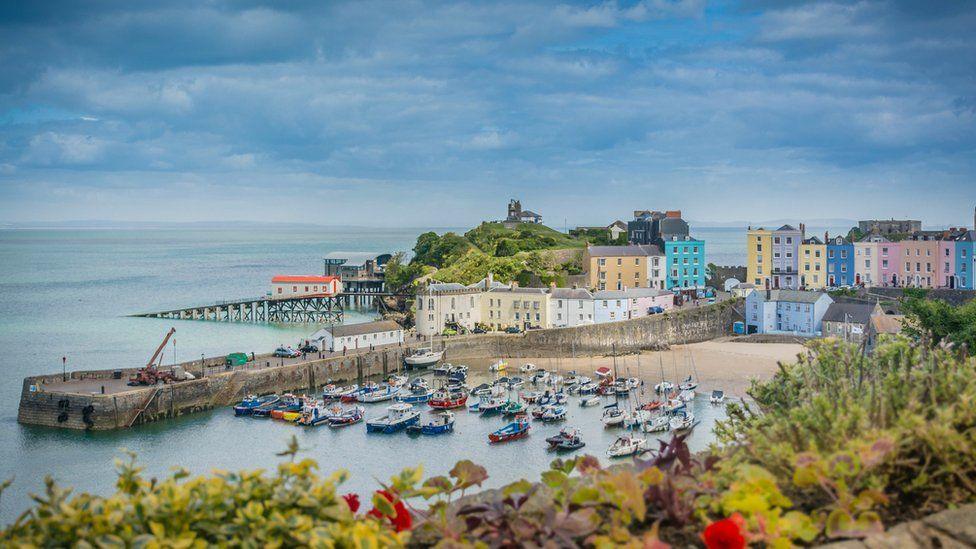Gwynedd: Planning permission for second homes proposed
- Published
- comments
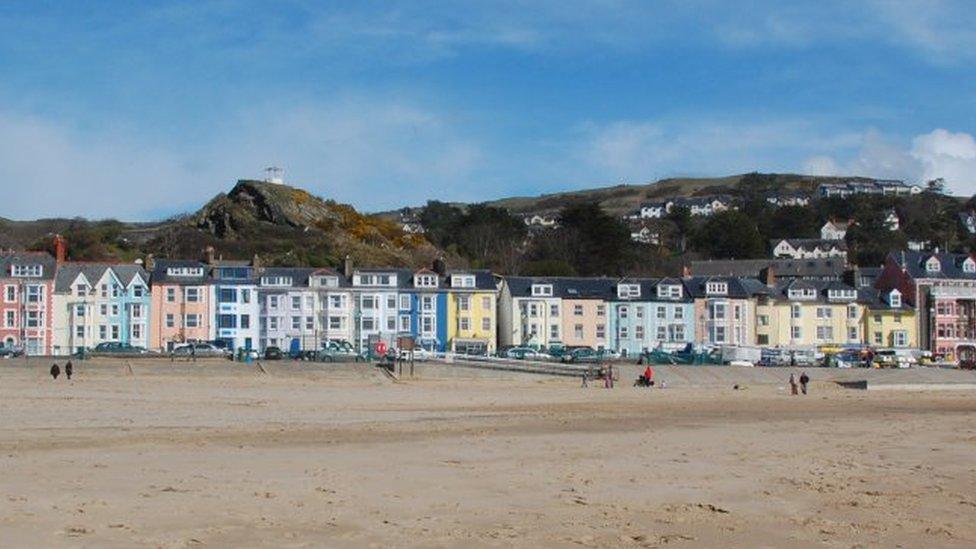
Gwynedd has the highest number second homes in Wales, and the council cabinet wants to "control" this
Second home owners in part of north Wales could have to seek planning permission.
Dafydd Meurig, the Gwynedd council cabinet member for environment, said second homes were "immoral" during a "huge housing crisis".
Councillors voted on Tuesday afternoon to proceed with a move to "control the numbers".
But there are claims of "anti-English" messaging and suggestions housebuilding should be the focus.
North Wales Tourism said Gwynedd council was a "rich authority" which should be building more houses.
Welsh government amendments to planning regulations have introduced three new classes of use: main home, second home and short-term holiday accommodation.
Councils also now have the power to control the use of houses as second homes or holiday lets.
Under the proposal, people wanting to use their property for one of those purposes would need permission.
It has been backed by cabinet members, so a public consultation will now be held, and a final decision made next year.
Mr Meurig said Gwynedd had about 8,000 second homes, while 3,600 people were on waiting lists for social housing and 150 residents were presenting as homeless every month.
"I think as long as people don't have a single home, then a second home is immoral in my view," he said.
"There are people who are homeless, who don't have somewhere to live in their own area, and somebody has a second home that they can use part of the year. I think that is certainly a problem."
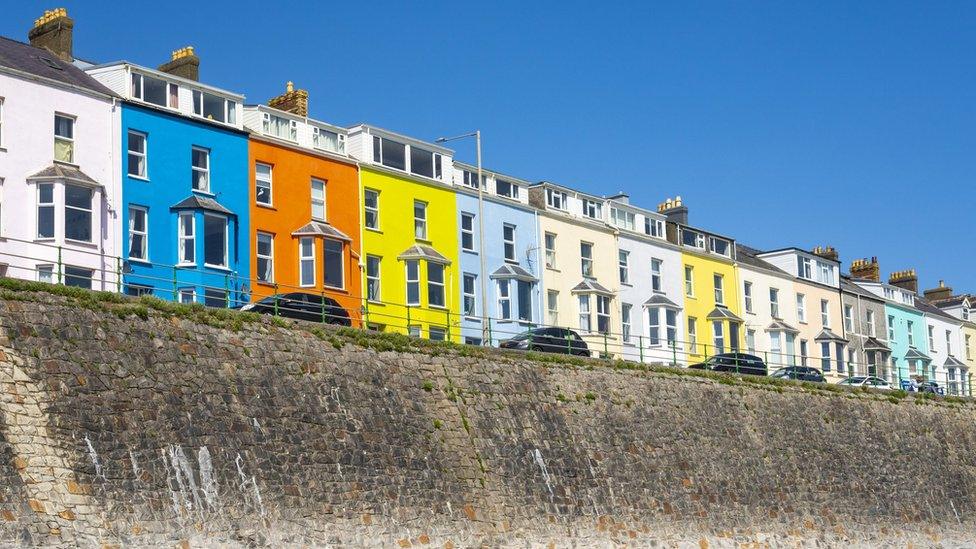
Gwynedd councillor Dafydd Meurig called second homes "immoral" during a "housing crisis"
Mr Meurig said people in Gwynedd were living in temporary hotel accommodation, paid for by the council, while others were "coming on holiday into houses".
The move comes just months after Gwynedd Council voted to increase taxes for second home owners, which means they now pay a 250% council tax rate.
Jim Jones, of North Wales Tourism, said "ineffective policies" were not the way forward.
"We urge the council to build new homes for local people, because after all, Gwynedd council is a rich authority with huge reserves," he said.
He said self-catering accommodation was the "bread and butter of Gwynedd's economy" and the new policy would encourage people to "sell up".
"They won't sell to local people, they'll sell to the highest bidder," he said.
"I think all these policies that are ongoing at the moment seem to be very anti-tourism."
Mr Meurig added: "Where's the money coming from to buy houses or to build houses? The council has a £77 million housing action plan to build houses and to make houses available, but that is just the tip of the iceberg compared to the problem that second homes bring."
Janet Finch Saunders, Welsh Conservative shadow minister for climate change said it was a "shocking decision" from the Plaid Cymru-run council, which "smacks of nationalism at its worst".
She said people from England had told her they felt such policies were "anti-English".
She added: "If you look back in history, people have come on holiday to Wales, fallen in love with it and then they've wanted to move here, and why shouldn't they? We are a free country.
"I think it's a barmy idea and to be honest I think it could be challengeable in law."
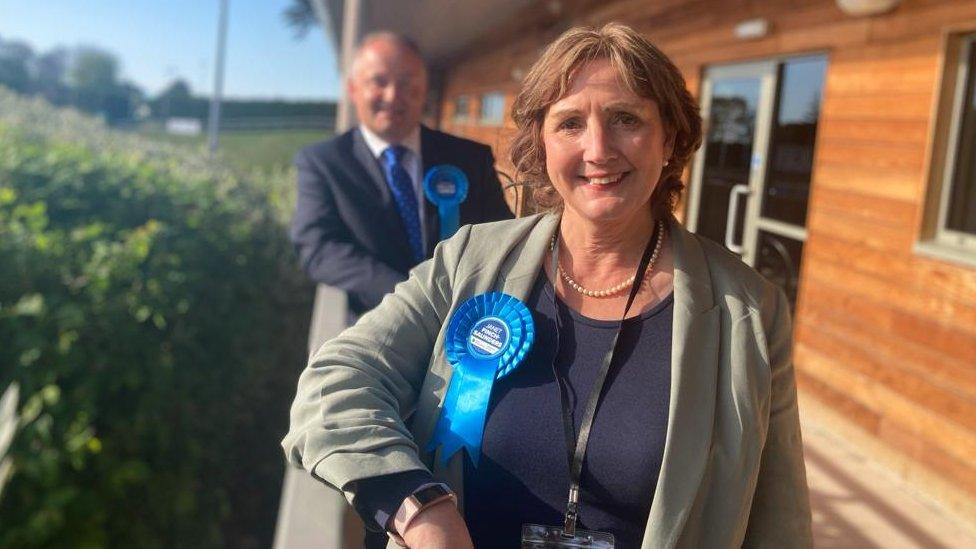
Conservative MS Janet Finch-Saunders calls the plan "barmy"
Paul Gill, from Cheshire, who bought a second home in Abersoch with his wife 40 years ago, said he did not believe the council's policies would result in "any great change in the housing market here".
Gwynedd council said planning permission would not be needed to turn a second home or short-term let into a primary residence.
But Mr Gill said the planning process could deter buyers, and delay potential house sales by months.
"Purchasers don't wait weeks. They go away, they find something else. It's half-baked and it won't work," he said.
'Communities are under siege'
Business owner Griff Owen, who runs chalets, a cafe, beach huts and a car park in Abersoch, said: "If it gets harder for second home owners, they're going to move somewhere else.
"If you drive tourism away there'll be nothing left here for people."
He said second home owners employed cleaners, builders, gardeners and other services, adding: "There's nothing much here besides the view, the beaches and the mountains and you can't live off views.
"Without money coming in, how do you pay the bills?"
However, Welsh language campaign group Cymdeithas yr Iaith welcomed the proposal.
A spokesperson said: "This is an extremely important first step and we really hope that more planning authorities will follow suit in due course, because time is short.
"The recent results of the census clearly show that our Welsh-speaking communities are under siege."
The report which was discussed on Tuesday defined short-term letting accommodation as use of a property for holiday accommodation, with fewer than 30 days per occupation. Meanwhile, second home ownership was defined as use of a property "other than as a sole or main residence, occupied for 183 days or less" per year.
Related topics
- Published14 December 2022
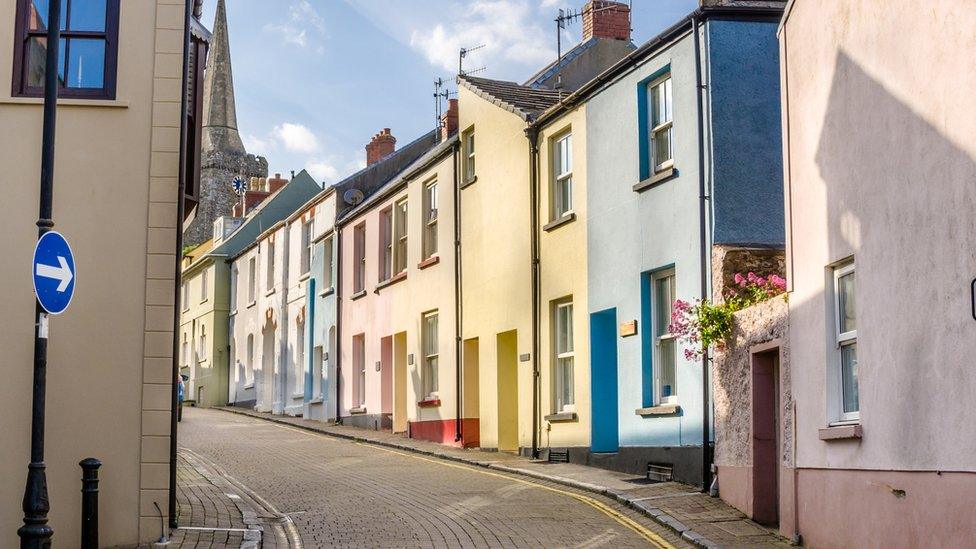
- Published23 November 2021
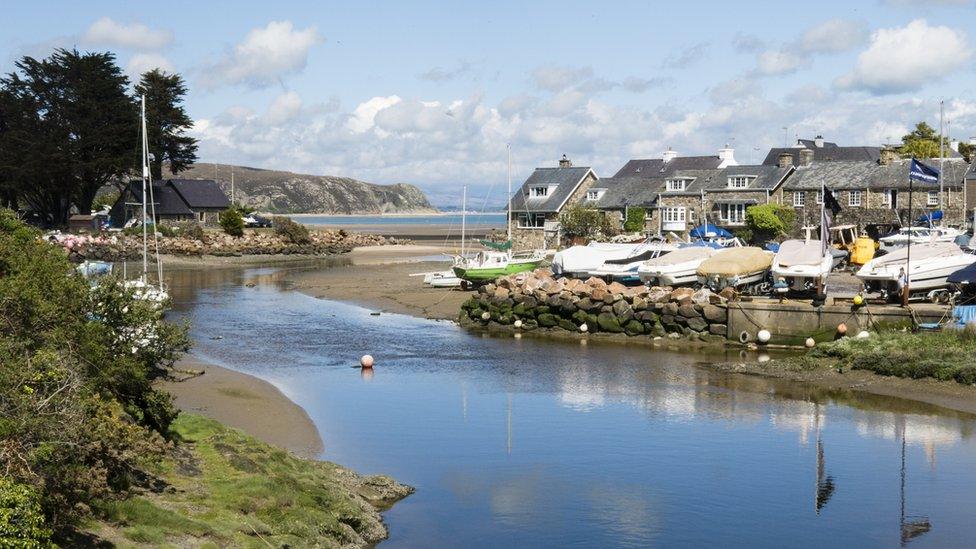
- Published16 June 2022
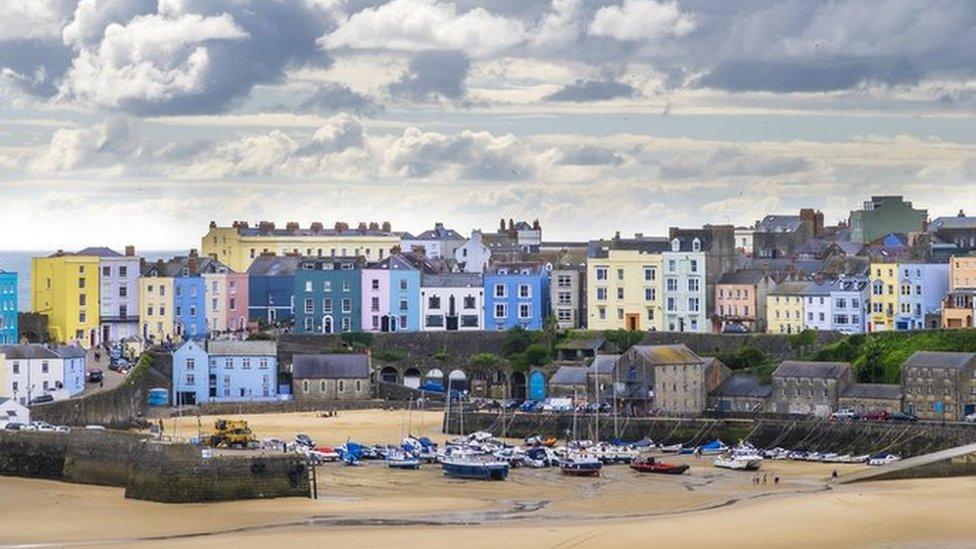
- Published4 July 2022
